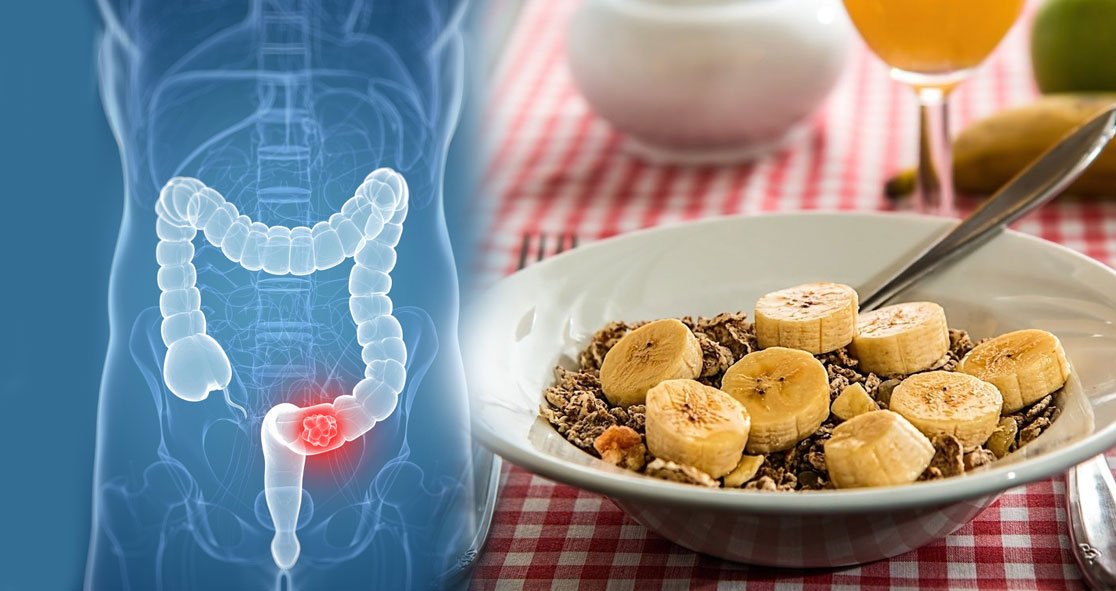A new study from the researchers of Vanderbilt University has found that people with a high genetic risk for colorectal cancer could benefit from lifestyle changes.
The study, published last month in The American Journal of Clinical Nutrition, suggested that those who are at high risk of developing colorectal cancer could prevent the disease by leading a healthy lifestyle than those who are at lower genetic risk.
Considering the findings, the researchers estimated that leading a healthy lifestyle was associated with a 40% reduction in colorectal cancer risk in people with a high genetic risk of developing the disease.
Plus, they found that those who are at low genetic risk for this cancer and led a healthy lifestyle had a 25% reduction in risk.
Researcher Dr. Wei Zheng said, “Results from this study could be useful to design personalized prevention strategies for colorectal cancer prevention.”
Dr. Zheng is the associate director for Population Sciences Research at Vanderbilt-Ingram Cancer Center (VICC).
The researchers analyzed lifestyle scores of unhealthy, intermediate and healthy were determined according to waist-to-hip ratio, physical activity, sedentary time, processed and red meat intake, vegetable and fruit intake, alcohol consumption and tobacco use, according to Science Daily.
Polygenic risk scores were used to measure genetic vulnerability to colorectal cancer.
The researchers constructed polygenic risk scores using genetic variants associated with the risk identified in recent large genetic studies including more than 120,000 study participants. This study is one of the few that quantifies potential interactions of overall lifestyle with genetic susceptibility to colorectal cancer, according to Science Daily.





















